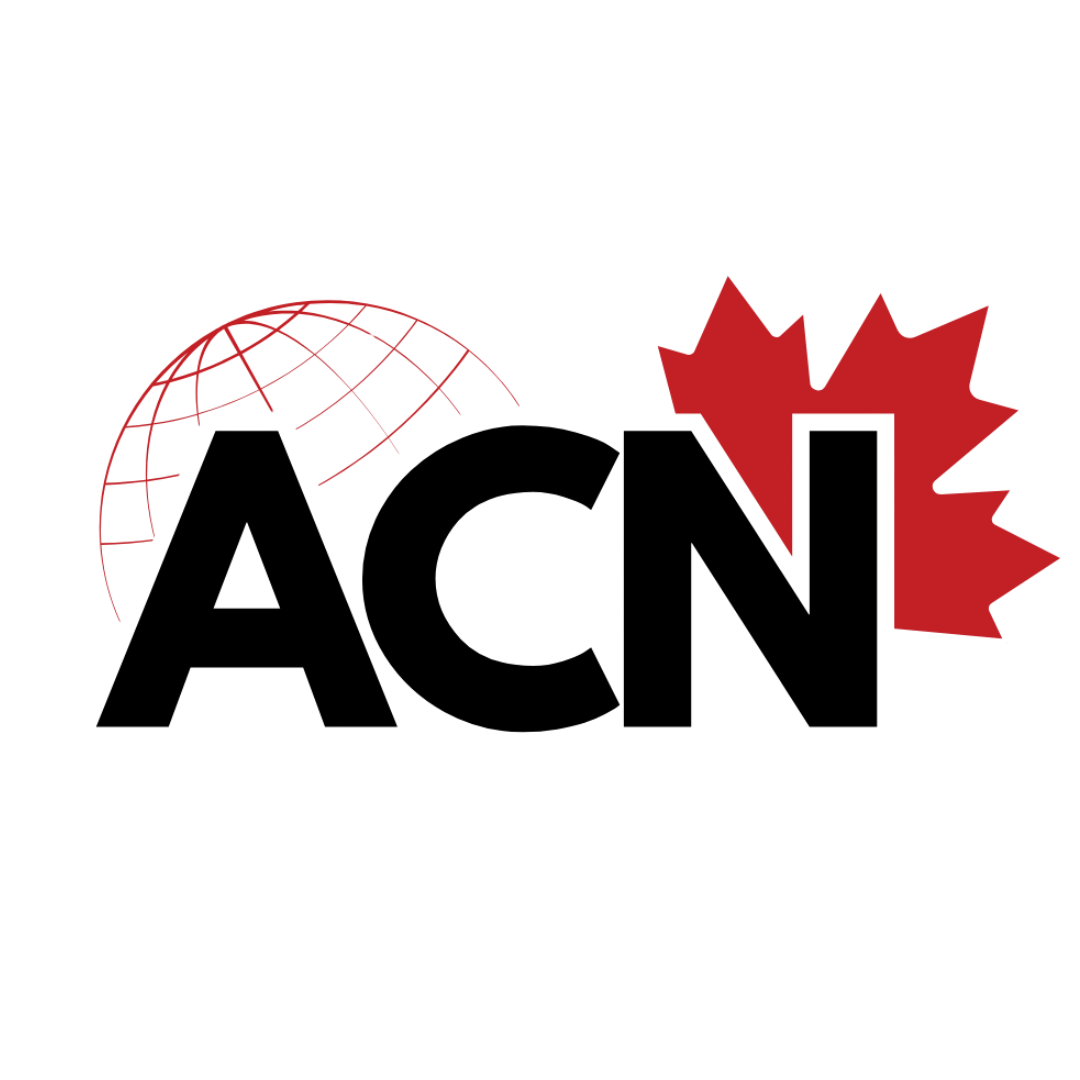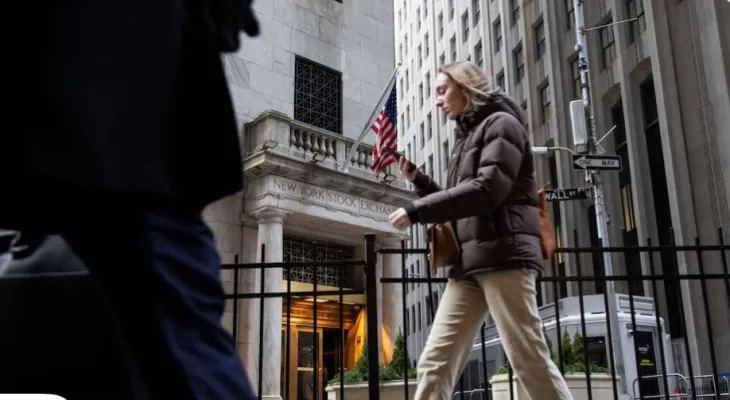Search here
Newspaper
Search here

Arab Canada News
News

Published: May 25, 2025
New York – Arab Canada News
The indicators of the US and global financial markets experienced sharp declines today, Thursday, following the announcement by US President Donald Trump of a broad package of tariffs on several key trading partners, a move that heightened investors' fears of an escalating global trade war.
Collective decline in market indicators:
The Dow Jones Industrial Average fell by more than 600 points in a single session.
The Nasdaq lost over 2.5%.
The European and Asian markets closed sharply lower, ranging between 1.8% and 3.4%, particularly in the stock exchanges of London, Tokyo, and Frankfurt.
Reasons for the drop
The collective drop in the markets followed Trump's announcement on Wednesday evening of tariffs of up to 34% on imports from countries including China, the European Union, Canada, and Mexico, as part of a “reciprocal treatment” policy aimed – according to the US president – at putting an end to the exploitation of the US economy.
Trump said in his statements:
“America has been economically exploited for years. Today we take back control, even if it means facing short-term challenges.”
Concerns about broader repercussions
Investors fear that these measures could lead to:
A contraction in the size of global trade.
Increased costs for US consumers.
Disruptions in global supply chains.
A potential economic recession in the event of reciprocal responses from trading partners.
The chief analyst at Morgan Stanley stated that “markets are not only concerned about the content of the tariffs, but also about the possibility of them becoming a permanent and extended policy that restricts global growth.”
Canada is watching… and China signals retaliation
For its part, Canada is closely monitoring developments, while China announced its strong opposition to the tariffs, stating that it would respond with countermeasures to protect its interests.
In summary:
While the Trump administration seeks to impose new rules on the trade game, global markets are experiencing a state of panic and uncertainty regarding the near economic future, increasing pressure on governments and companies to take precautionary measures in the face of what appears to be the widest trade escalation in two decades.
Comments